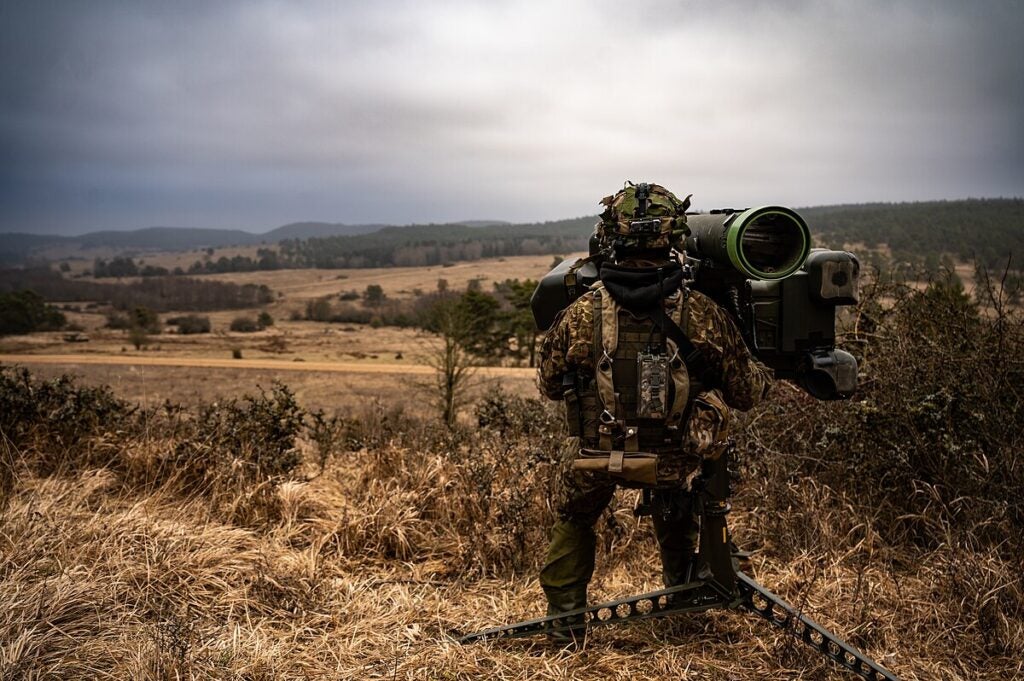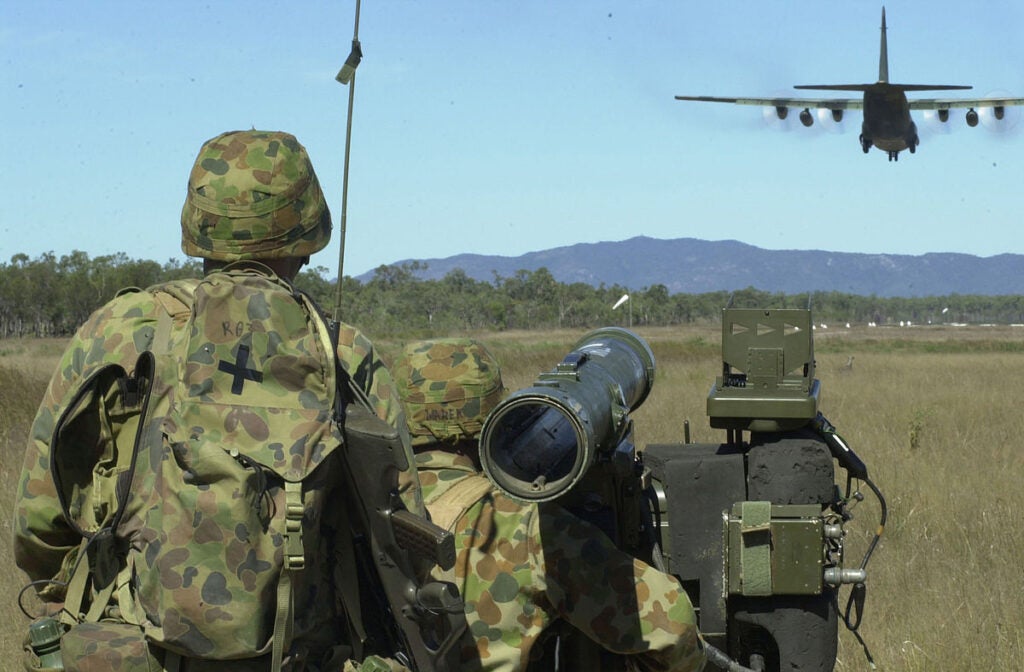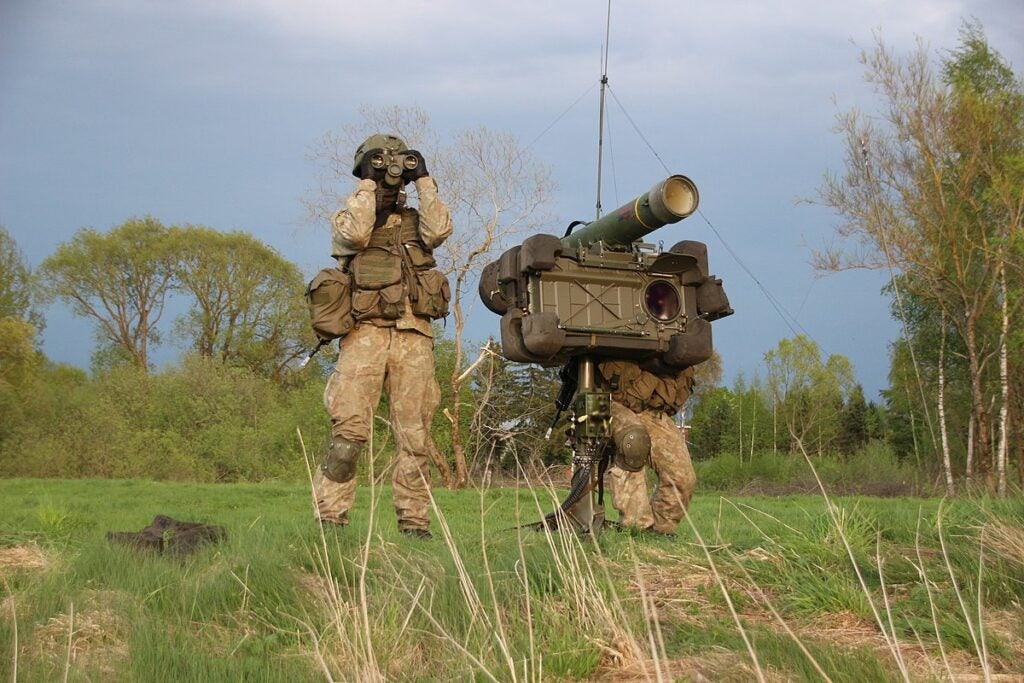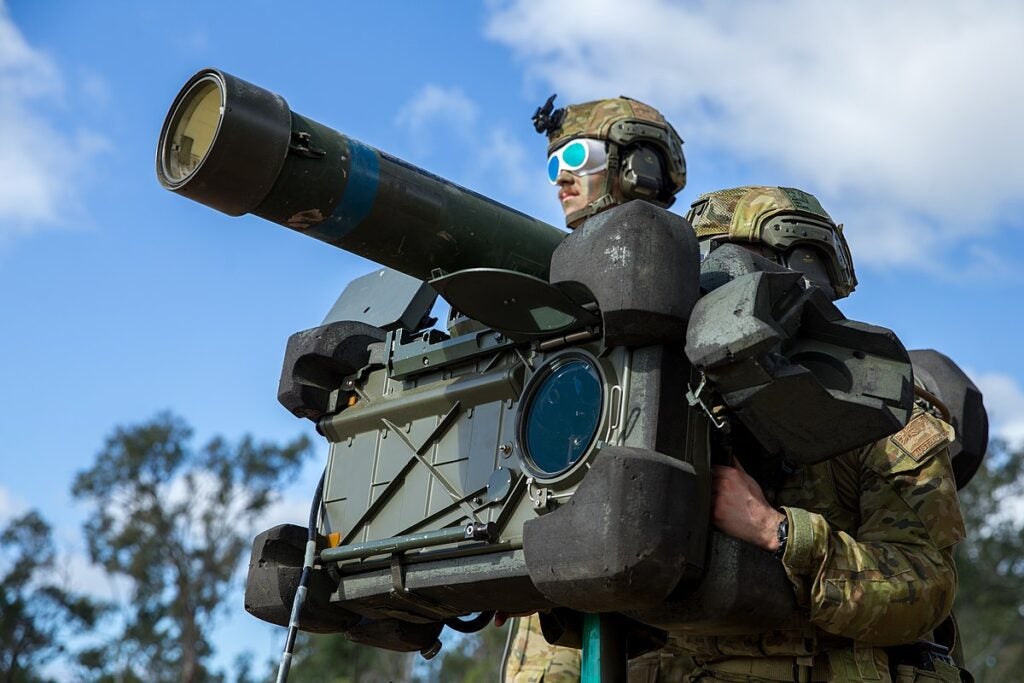Latvia Expands Air Defenses with Saab RBS 70 NG
The Latvian Ministry of Defense has ordered the RBS 70 NG short-range air defense system (SHORAD) from Swedish defense giant Saab within the scope of the “State Defense Concept” launched to increase the military capabilities of the National Armed Forces and to support the collective defense of the eastern flank of the NATO alliance after the full-scale invasion of Ukraine by the Russian Federation.
Saab announced in a recent press release that the deal’s total value is $197.4 million (SEK 2.1 billion), including RBS 70 NG firing units, missiles, and training systems. According to the manufacturer’s planned delivery schedule, these short-range air defense systems will reach Latvia between 2026 and 2030. Since the Latvian armed forces already use the basic RBS 70 model and the NG version, they will have no difficulty adopting the new systems.

Görgen Johansson, head of Saab’s business area Dynamics, stated about the agreement: “Saab continues to support the Latvian National Armed Forces with a strong ground-based air defence capability which will significantly enhance its crucial ability to detect and engage aerial threats.”

The RBS 70 NG, introduced in 2011, is a next-generation iteration of the original RBS 70, which first went into production in 1975. It differs from the base model in several areas, including jam-resistant laser beam-riding guidance, high-resolution thermal imaging, an integrated sighting system, and innovative operator aids. The system uses a third-generation BOLIDE missile with a 1.1 kg warhead and a selectable mode (Off, Normal, Small target) proximity fuze. With the BOLIDE missile, the RBS 70 NG system targets a range of threats, from fixed- and rotary-wing aircraft to small targets such as cruise missiles and UAVs, with a range of more than 9 kilometers and altitude coverage of more than 5,000 meters. Deployment time is 45 seconds, and reloading takes less than 5 seconds.

The RBS 70 system has been exported to more than 19 countries, proving its capabilities in many conflict environments, especially in the Russian-Ukrainian war. In addition to Latvia, these include five NATO member states: Lithuania, Sweden, Finland, Denmark, and the Czech Republic. At a time when European countries are turning towards local manufacturers to strengthen the EU’s defense industry instead of American suppliers, it is possible that other small NATO members, like Latvia, may decide to improve their defenses against low-altitude air threats with the RBS 70 NG in the near future.

